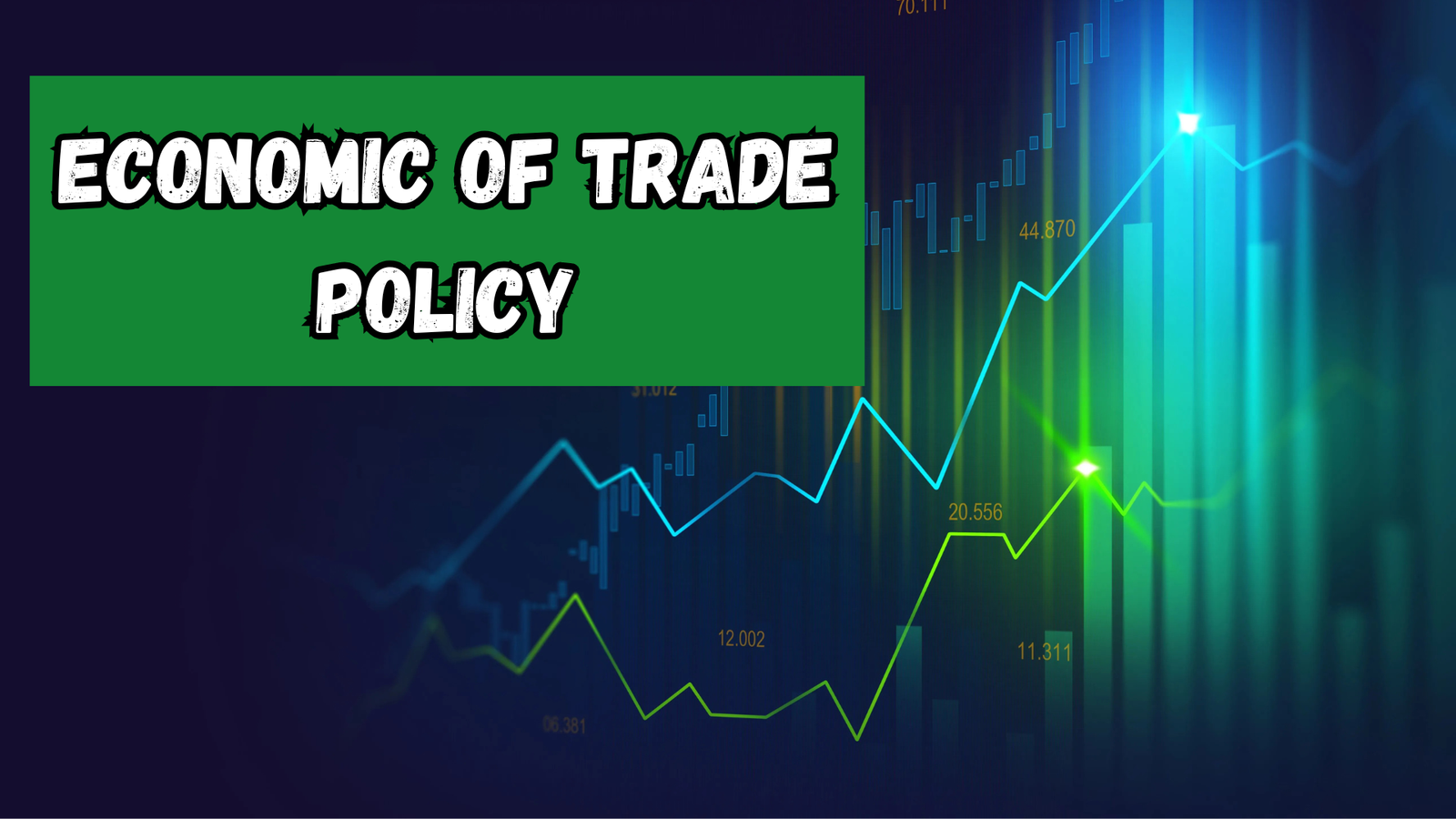Trade policy is a key determinant of a country economic success and plays a pivotal role in shaping its position in the global market it encompasses the various rules regulations and agreements that governments implement to control the flow of goods and services across borders these policies directly influence how a nation interacts with other economies affecting everything from the prices consumers pay for imported goods to the competitiveness of domestic industries the economic implications of trade policies are vast they can impact employment levels investment patterns and the overall growth trajectory of a nation.
Protectionist measures such as tariffs and quotas are often used to shield domestic industries from foreign competition while free trade agreements aim to lower barriers and stimulate economic cooperation between countries understanding the economics of trade policy is crucial not only for policymakers but also for businesses and consumers, as these decisions affect economic prosperity wealth distribution and the ability of economies to adapt to changing global conditions.
Types of Trade Policies:
Trade policies can take various forms each designed to address specific economic goals and challenges where governments impose barriers such as tariffs quotas or subsidies to shield domestic industries from foreign competition this approach aims to protect jobs promote local businesses and reduce dependency on foreign goods on the opposite side free trade policies focus on minimizing these barriers to encourage the flow of goods and services across borders these policies aim to increase efficiency lower prices for consumers and foster international collaboration another key type is export promotion policy
Where governments provide incentives like subsidies or tax breaks to boost the export of goods and services this strategy helps increase a country global market share and enhances its economic growth refers to the gradual reduction or elimination of trade restrictions through international agreements such as those made by the World Trade Organization (WTO) to create a more open and competitive global market each of these policies has its own set of advantages and challenges, and countries often combine them to suit their specific economic needs and objectives.
Economic Analysis of Trade Policy:
An economic analysis of trade policy focuses on understanding how different trade strategies impact a country economy when evaluating trade policies economists consider factors like the effect on domestic industries consumer prices employment and overall economic growth such as tariffs can shield local businesses from international competition potentially protecting jobs and fostering industries that may struggle to compete globally these policies often lead to higher prices for consumers and can reduce the efficiency of the market by discouraging innovation and trade free trade policies typically lower prices encourage competition and allow consumers access to a wider range of goods.
While this can stimulate economic growth it might also expose domestic industries to stiffer competition potentially leading to job losses in certain sectors analyzing trade policy also involves looking at its effects on economic welfare which includes measuring how changes in trade impact the standard of living the distribution of income and long-term growth prospects the economic analysis helps policymakers strike a balance between fostering competition and protecting vulnerable industries ensuring that trade policies align with broader national economic goals.
FAQS:
1. What is trade policy? Trade policy refers to the laws, regulations and agreements that govern the exchange of goods and services between countries it includes tariffs quotas subsidies and trade agreements designed to influence international trade.
2. What are tariffs and how do they affect the economy? Tariffs are taxes imposed on imported goods they make imported products more expensive encouraging consumers to buy domestically produced goods while tariffs can protect local industries they often lead to higher prices for consumers and may trigger trade disputes.
3. What are trade agreements? Trade agreements are negotiated deals between countries that set the rules for trade such as lowering tariffs eliminating quotas or harmonizing regulations examples include free trade agreements (FTAs) or regional trade agreements like NAFTA or the European Union.
4. How do trade policies affect economic growth? Trade policies can have both positive and negative effects on economic growth open trade policies like reducing barriers can stimulate growth by encouraging competition innovation and investment protectionist policies can reduce trade limit market access and harm economic efficiency.
5. What are the main arguments for free trade? Advocates of free trade argue that it leads to lower prices greater variety increased efficiency, and a more efficient allocation of resources it also encourages innovation enhances competition and promotes global economic cooperation.
Conclusion:
In conclusion, trade policy is a critical element of global economics shaping the interactions between countries and influencing economic growth development and competitiveness through tariffs trade agreements or subsidies these policies have a direct impact on local industries consumers and international relations while free trade encourages efficiency innovation and broader market access protectionist measures can safeguard domestic industries though often at the cost of higher prices and reduced economic efficiency.
For developing countries navigating trade policy becomes particularly challenging as they seek fair access to global markets while contending with barriers that may hinder their progress as the world becomes more interconnected fostering fair trade and addressing the inequalities that arise from disparate economic policies will be crucial for ensuring that the benefits of trade are shared broadly and equitably a balanced approach to trade policy that promotes global cooperation and respects the unique needs of individual nations will be essential in creating a sustainable and prosperous global economy.

